Hollywood actor Guy Pearce has apologised for posting a pro-trans tweet. That’s where we’re at now with the culture war. The Twitterstorms don’t even need to make sense anymore, as the bizarre case of the LA Confidential star’s recent comments about trans actors has made abundantly clear.
Pearce took to Twitter earlier this week and posed a string of very good questions. ‘If the only people allowed to play trans characters are trans folk, then are we also suggesting the only people trans folk can play are trans characters?’, he asked. ‘Surely that will limit your career as an actor? Isn’t the point of an actor to be able to play anyone outside your own world?’
Pearce was responding to the ongoing debate about identity-specific casting, and the backlash to so-called cis (a person whose gender identity matches their sex assigned at birth) actors being cast in transgender roles. In 2018, Scarlett Johansson stepped back from drama flick Rub and Tug, after her casting in the role of a trans mobster sparked an almighty online backlash. Similarly, Eddie Redmayne has been hauled over the coals for his starring role in The Danish Girl, a biopic of Lili Elbe, one of the first recipients of ‘sex-change’ surgery.
What Guy Pearce said was absolutely correct
Pearce was making a point that almost everyone, deep down, agrees with. Namely, that it is ridiculous, not to mention impractical, to expect actors only ever to portray people who reflect their own life story. What’s more, he was clearly expressing particular concern for the effect that this identitarian casting has on trans actors, who he thinks will be consigned to a kind of casting ghetto where they can only play trans roles.
Nevertheless, the tweet reportedly sparked a ‘firestorm’ among some of his followers. Pearce has now deleted the message and issued a statement, as if he’d been accused of a crime. In it, he apologises for being ‘insensitive’, cravenly acknowledging the ‘Full House’ of privilege he enjoys as a straight, white bloke. He says he still stands by his comments about casting, but that he didn’t want to ‘throw the subject on to one minority group’.
All of which begs the question: why apologise, then? But I suppose it says something about the gender wars, celebrities’ terror of being seen to be on the wrong side of it even briefly, and the fury that can meet the most miniscule transgression, that Pearce felt he had to cave in to his critics anyway.
It’s all so pathetic. Not least because what Pearce said was absolutely correct. The rise of identity casting has upended the craft of acting as it was previously understood. After all, actors have always been expected to step outside themselves and embody someone totally different. But about five minutes ago the industry suddenly decided that minorities simply must play minorities, even if someone not of that group could, with a good performance, portray a trans or gay person convincingly.
This is often called for in the name of giving more opportunities to minority actors. Meanwhile, white, straight Hollywood stars are told to stop sobbing and make way. But aside from corroding what performance is supposed to be about, this new approach also risks limiting the very minority actors it is supposed to liberate, ushering in a whole new era of typecasting. This is precisely what poor old Guy was getting at.
Actor Chris New – star of acclaimed 2011 indie film Weekend, and himself an out gay man – spoke powerfully about the constraints of identity casting in an interview with the Guardian in 2019.
‘Being out has done nothing but restrict my career. In the current cultural climate I am invited to participate only on the basis of my supposed oppression’, he said. ‘Any role where the character’s sexuality is their defining characteristic I turn down. Which means I don’t work very much.’
The impossible expectation that actors should embody their characters’ ‘lived experience’ to a T has also led to some pretty nasty social-media skirmishes. In 2018, Aussie actress Ruby Rose was announced as the next Batwoman. The female caped crusader is gay in her modern incarnation. But even though Rose herself is a lesbian, critics were incensed because she isn’t ‘gay enough’ – on account of her being ‘genderfluid’. (If I could explain the logic here I would.) Rose left Twitter and closed down comments on her Instagram as a result.
What we see here once again is the regressiveness of identity politics. Rather than liberating minority actors, identitarian casting is constraining them and calling it progress. The new woke typecasting is hardly any better than the old. And Guy Pearce shouldn’t have apologised simply for calling it out.
Got something to add? Join the discussion and comment below.
Get 10 issues for just $10
Subscribe to The Spectator Australia today for the next 10 magazine issues, plus full online access, for just $10.

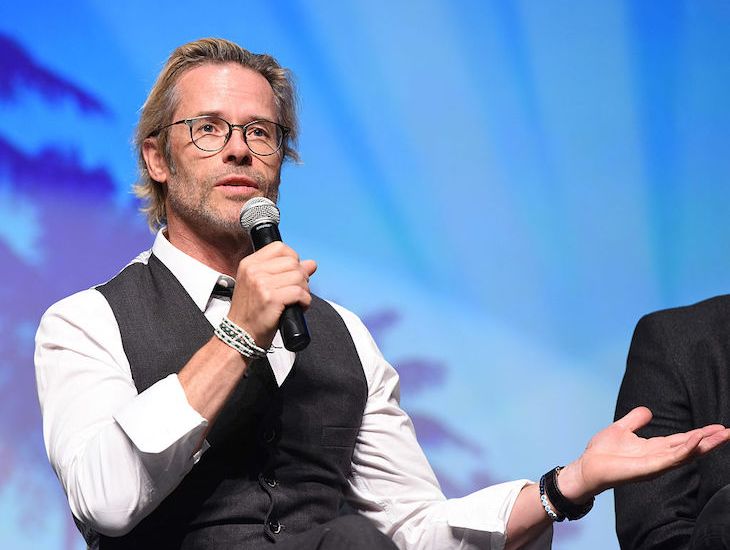
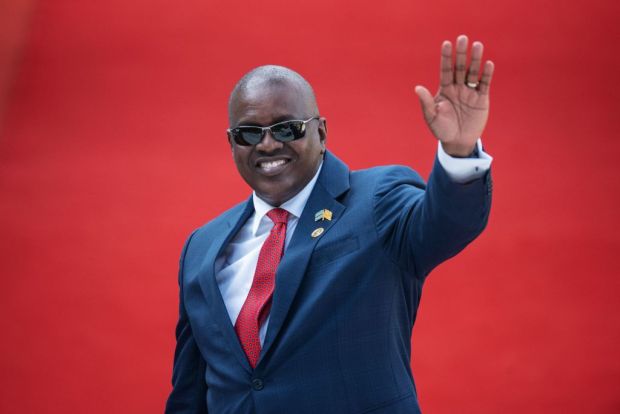
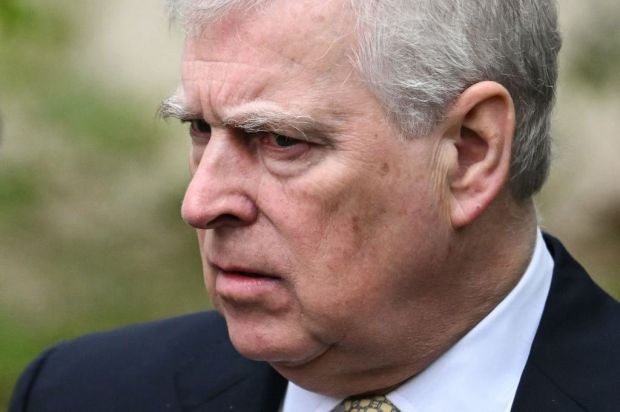
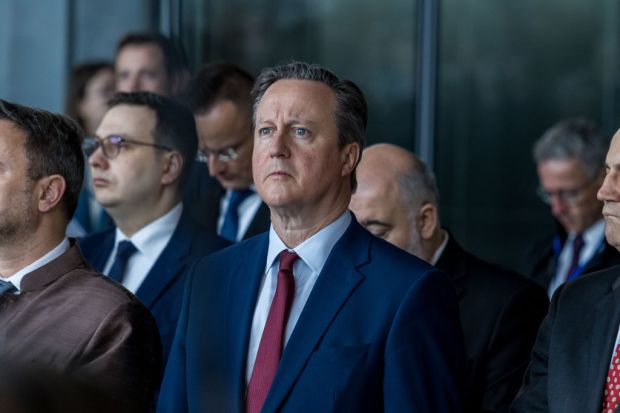
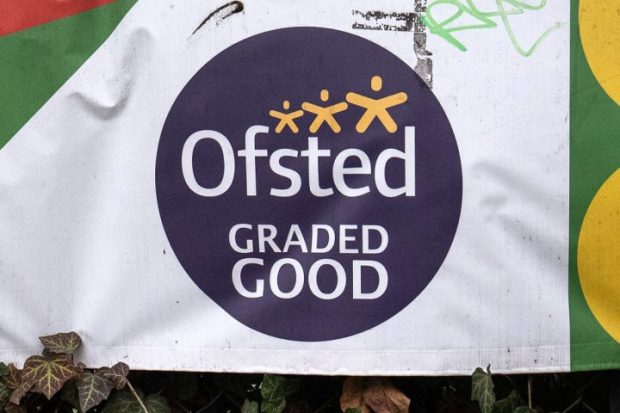
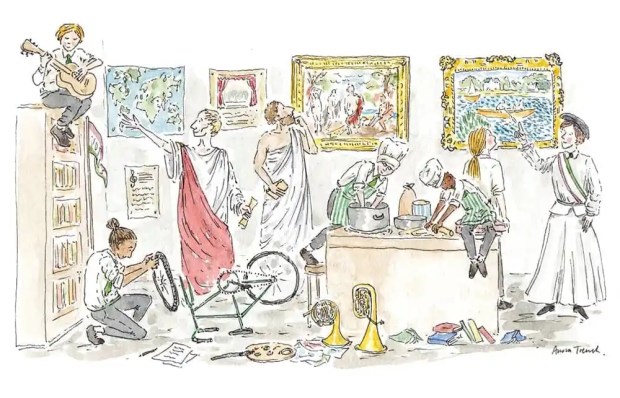
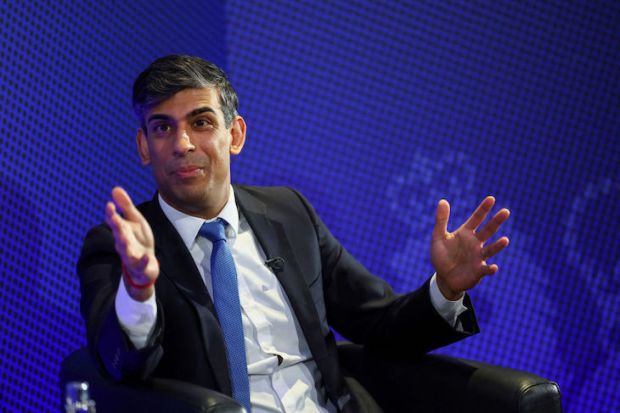












Comments
Don't miss out
Join the conversation with other Spectator Australia readers. Subscribe to leave a comment.
SUBSCRIBEAlready a subscriber? Log in